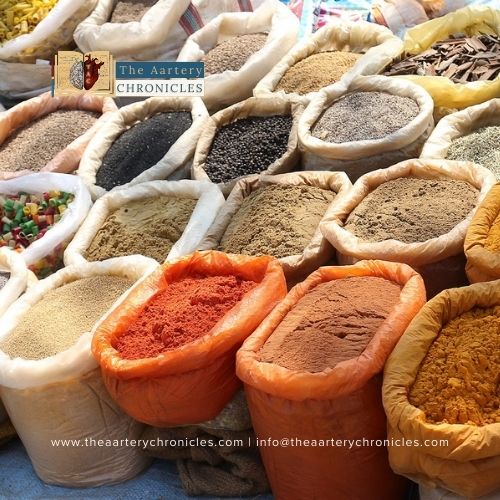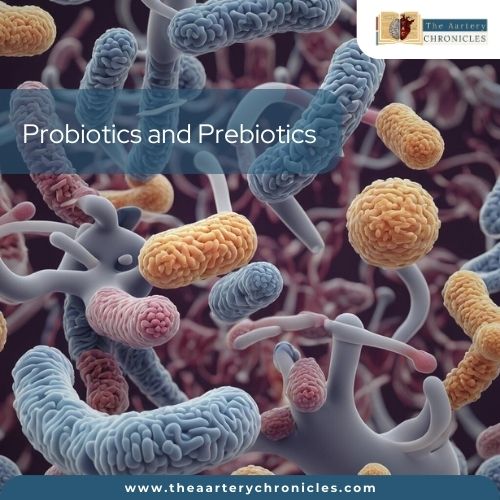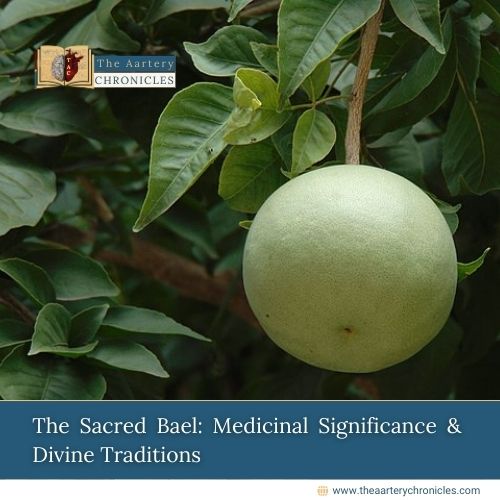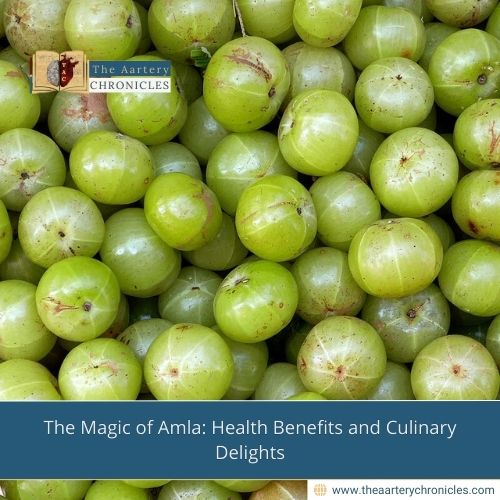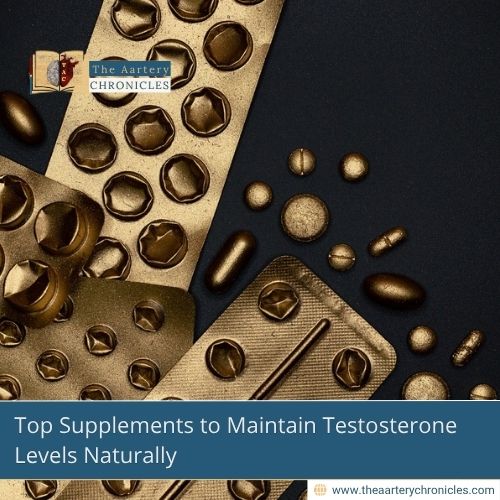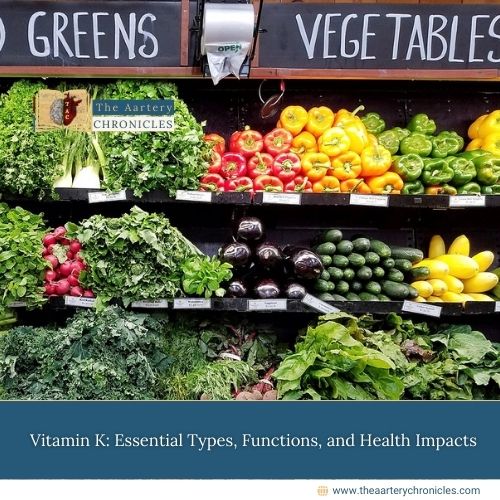
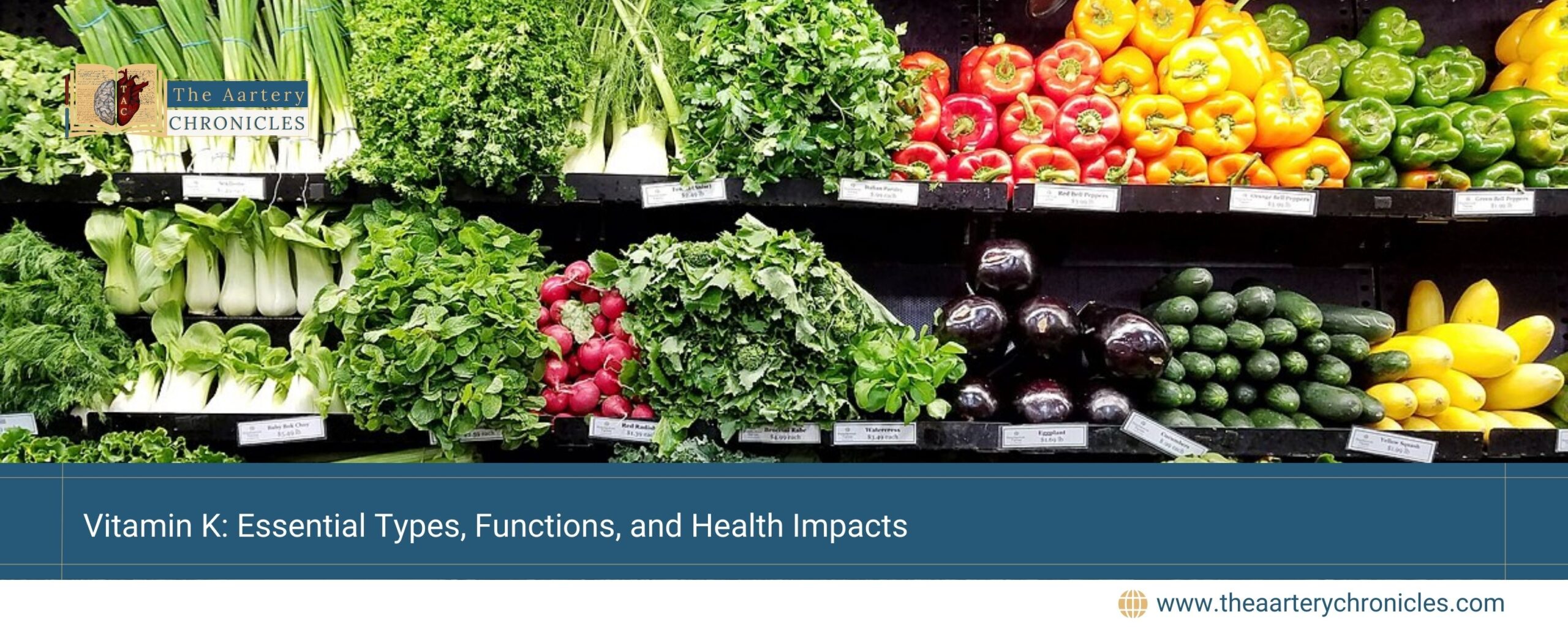
Vitamin K: Essential Types, Functions, and Health Impacts
Overview
Vitamin K is a fat-soluble family of compounds naturally occurring in some foods and can also be a dietary supplement. The two main forms include vitamin K1 (phylloquinone) and vitamin K2 (menaquinones). Both forms are essential for several bodily processes such as bone metabolism, cardiovascular health, and clotting of blood.
Forms of Vitamin K
- K1 (phylloquinone): Vitamin K1 is a part of plant synthesis and is extremely important for photosynthesis.
- This vitamin is primarily found in green leafy vegetables such as spinach and kale. In animals, vitamin K1 is instrumental in the production of coagulation factors.
- The vitamin can also be converted into K2 in animal bodies.
- K2 (Menaquinones): Bacteria create vitamin K2 in the gut.
- The prime producers of menaquinones are bacteria, or the gut flora.
- There are several subtypes of menaquinones of K2, however, some of the most important ones are MK-4 to MK-10. K2 can be found in dairy products, meat, fermented foods, etc.
- MK-4 is a unique exception as it can be produced in the body by K1 through a conversion process that does not necessarily involve the action of bacteria.
- K3 (Menadione): K3 is a synthetic form that is artificially produced.
- It was found that the vitamin interferes with glutathione, causing toxicity in animals. Hence, it is no longer used for treating K deficiency.
- Its over-the-counter sale has been banned in the US as it can cause hemolytic anaemia, cytotoxicity in liver cells, and allergic reactions.
Functions of Vitamin K
1. Blood Clotting
The ‘K’ of vitamin K itself emphasizes its function, as it is derived from the German and Danish word koagulation or coagulation.
- Vitamin K plays a crucial role in blood clotting process as it produces four out of the thirteen proteins necessary for clotting. These include prothrombin and other factors (II, IX, X, VII)
- Without sufficient vitamin K body cannot form blood clots which can cause an elevated risk of excessive bleeding
2. Bone health
Osteocalcin an important protein hormone is produced with the help of vitamin K.
- Osteocalcin helps prevent low bone density and is essential for maintaining bone strength.
- The activity of osteoblasts and osteoclasts is significantly influenced by vitamin K supporting overall bone health.
- In some countries, doctors prescribe vitamin K supplements for the treatment of osteoporosis.
3. Cardiovascular health
- Vitamin K2 plays a pivotal role in maintaining heart health by regulating calcium homeostasis.
- Some studies suggest that vitamin K protects against arterial calcification and heart-related disorders
- It helps lower inflammation and prevents the build-up of calcium in arteries, which can significantly reduce the risk of cardiovascular diseases.

How much Vitamin K is needed?
- A normal diet can provide sufficient vitamin K. Some sources mention that adults require around 1 microgram of vitamin K for each Kg of their body weight per day.
- As per the NIH data, vitamin K intake should be as follows:
- Adult Female: 90 mcg
- Adult Males: 120 mcg
- Pregnancy / Lactation: 90 mcg
Vitamin K deficiency
Vitamin K deficiency is extremely rare, it typically occurs when the body is unable to efficiently absorb vitamin from the gut.
- Prolonged use of antibiotics can also cause vitamin K deficiency.
- Some medical conditions such as celiac disease, and cystic fibrosis can also hamper the absorption of nutrients
- Anticoagulants such as warfarin can also impair vitamin metabolism
Symptoms of Vitamin K deficiency may include:
- Frequent and easy bruising
- Mucosal bleeding
- Heavy menstrual bleeding
- Blood in stool or urine
- Some severe cases in infants may include bleeding in the brain or intestinal tract
Which foods contain Vitamin K?
According to the experts’ individuals with vegetarian diets are in luck regarding the sufficient intake of vitamin K.
- It can be found in other foods but a plate full of leafy greens is unbeatable when it comes to vitamin K.
Some foods containing vitamin K
- Kale
- Spinach
- Cabbage
- Lettuce
- Broccoli
- Blueberries
- Figs
- Olive
- Soyabean
- Cheese
- Yogurt
- Collard greens
- Natto
- Butter
- Meat



